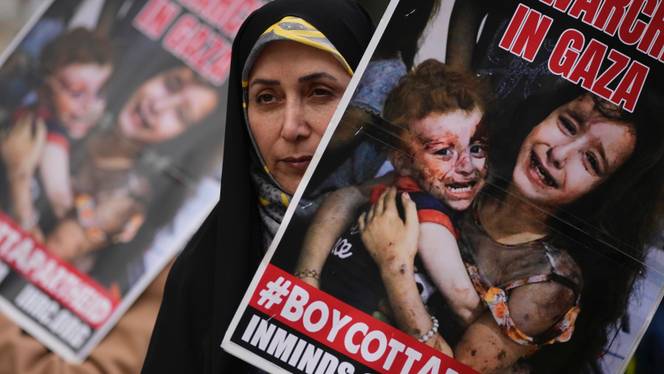Freedom of Expression on Gaza War Severely Stifled. The UN special rapporteur highlighted the suppression of dissenting voices in academia and the arts, even within prestigious institutions. Irene Khan, the UN’s independent investigator on the right to freedom of opinion and expression, emphasized that the Gaza conflict poses unprecedented threats to freedom of expression, noting that journalists have been specifically targeted in the war-torn area, while supporters of Palestine face backlash in various countries.
“No recent conflict has endangered freedom of expression so extensively beyond its borders as the war in Gaza,” Khan stated during a briefing in New York on Friday.
Khan condemned Israel for imposing blanket bans on media outlets like Al Jazeera and for the violence against journalists, suggesting these actions represent a strategy to silence critical reporting and hinder documentation of potential international crimes.
She also criticized the “discrimination and double standards” that lead to the suppression of pro-Palestinian protests and speech. She cited instances of bans in Germany and other European nations, as well as the harsh repression of protests on US college campuses, where displaying Palestinian national symbols has been criminalized.
“The public display of symbols like the Palestinian flag or keffiyeh, as well as specific slogans, has faced prohibition in some regions,” she noted.
Khan further pointed out the marginalization of dissenting voices in academia and the arts, emphasizing that some top academic institutions have failed to safeguard all members of their communities.
While social media has served as a crucial communication lifeline for Gaza, she warned of a rise in disinformation, misinformation, and hate speech targeting Arabs, Jews, Israelis, and Palestinians alike.
Khan concluded by asserting that Israel’s military actions in Gaza, along with its longstanding occupation of Palestinian territories, deserve public scrutiny and criticism.
Khan stated that attacks on the media “constitute an assault on the right to information for people globally who seek to understand the situation there.”
She urged the UN General Assembly and Security Council to take action to enhance protections for journalists, emphasizing their role as “essential civilian workers.”
“Journalism should be regarded as equally vital as humanitarian efforts,” she asserted.
Khan noted that the landscape of the information industry has evolved, highlighting the importance of allowing international media access to conflict zones—especially given Israel’s restrictions on entry to Gaza.
“It must be made clear that denying access to international media is unacceptable,” she said.
Without naming specific countries, Khan questioned why nations that consider themselves champions of media freedom have remained silent amid the unprecedented attacks on journalists in Gaza and the occupied West Bank.
“My core message is that the situation in Gaza sends a troubling signal globally—that such actions are permissible there, and Israel operates with complete impunity. This creates a precedent, leading others around the world to believe they too can act without consequence,” Khan warned.


